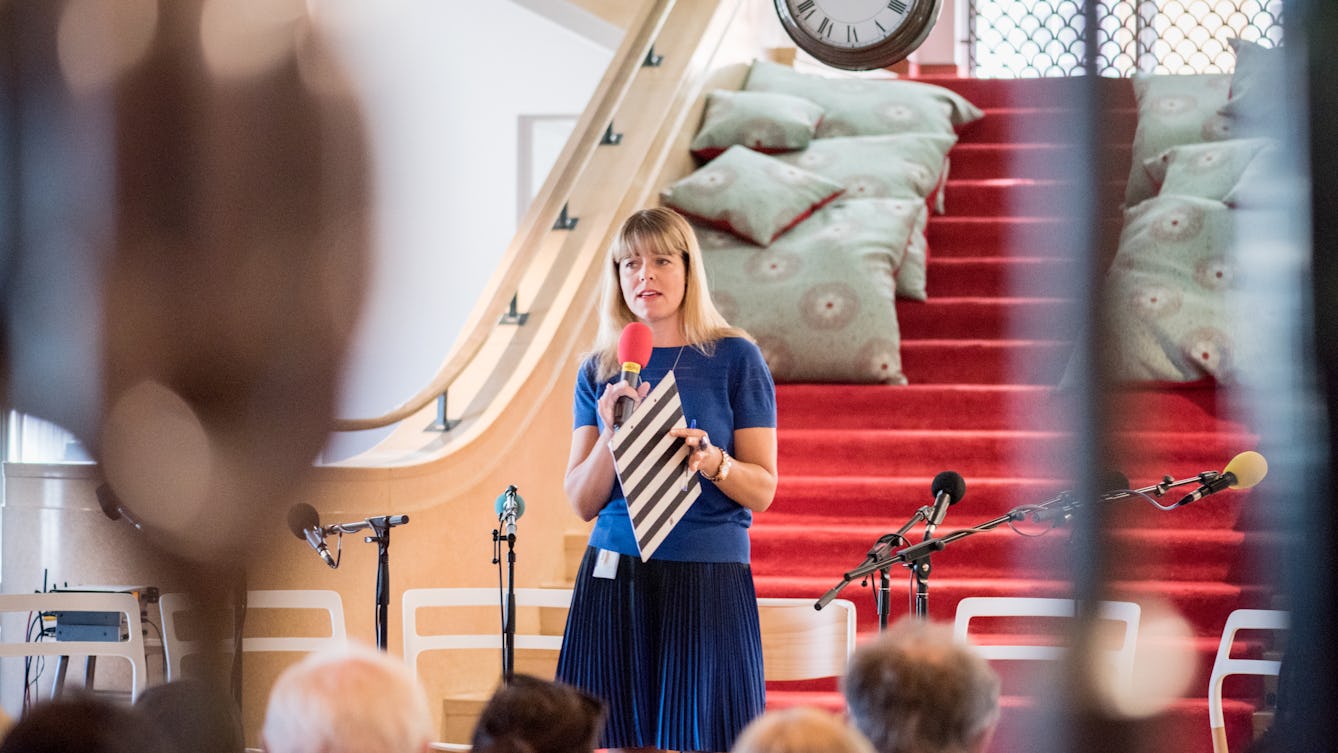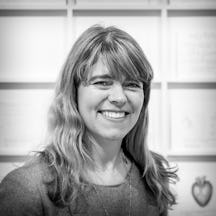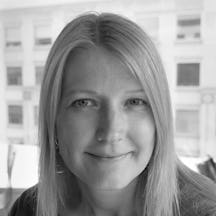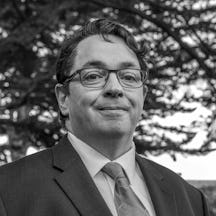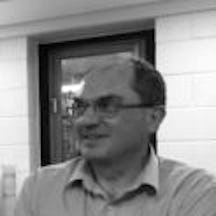What you’ll do
Join Claudia Hammond and a panel of global experts as they consider the explosion of scientific knowledge about the multitudes that call our human body home. Millions of microbes live in us and on us. They also make up our personal universe and have a significant impact on our health.
Claudia will present the evening and interview the speakers. Then the audience will have the chance to ask questions. You can participate or just listen in.
The event will be recorded live and edited into a programme to be broadcast on the BBC World Service as part of ‘The Evidence’ series. After broadcast, this episode will be available on the BBC website.
